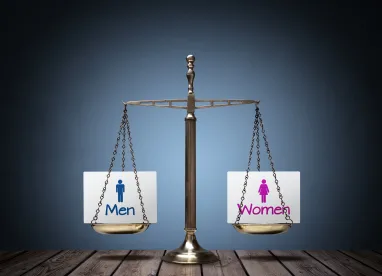The U.S. District Court for the District of Columbia, on March 4, 2019, vacated the Office of Management and Budget's (OMB) stay of the Equal Employment Opportunity Commission's (EEOC) revised EEO-1 reporting requirements and ordered the new form to take effect. The revised EEO-1 requires private employers with 100 or more employees, and federal contractors with 50 or more employees, to report on workers' W-2 earnings and hours worked—in addition to the sex, race, ethnicity, and job category data already being collected.
The new reporting rule, finalized in 2016 under the Obama administration, would have required larger employers to submit the additional summary pay data as of the March 2018 reporting period. The EEOC's stated purpose for revising the EEO-1 requirements was to better enable enforcement of equal pay laws. In August 2017, the Trump administration's OMB issued an immediate stay of the new requirements under the Paperwork Reduction Act. A lawsuit, Nat'l Women’s Law Ctr. v. OMB, followed in November 2017.
In granting the plaintiffs' motion for summary judgment, the court reasoned that the stay was arbitrary and capricious, that the OMB failed to follow its own regulations in implementing the stay, and that the decision to stay the pay data collection "totally lacked the reasoned explanation" required.
This decision comes at a time of increased focus, both in the national media and in the legal arena, on the "gender gap" and other pay equity issues. Businesses are seeing an uptick in claims under the federal Equal Pay Act and similar—and often more expansive—state laws, such as the New Jersey Diane B. Allen Equal Pay Act. In addition, employers must comply with related rules such as the patchwork of applicable pay transparency laws, which prohibit covered employers from maintaining policies that prevent employees from discussing their wages, and salary history statutes that prohibit inquiries into an applicant's earnings.




 />i
/>i
